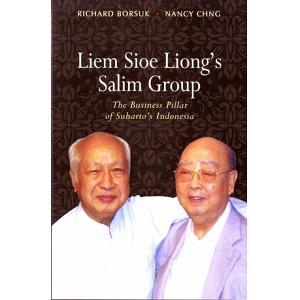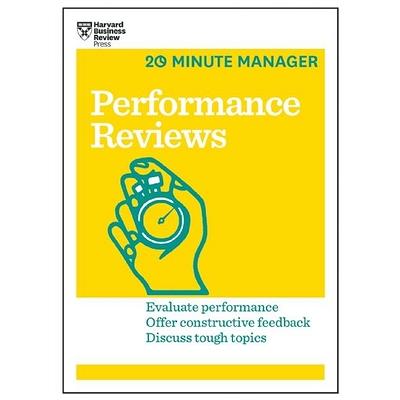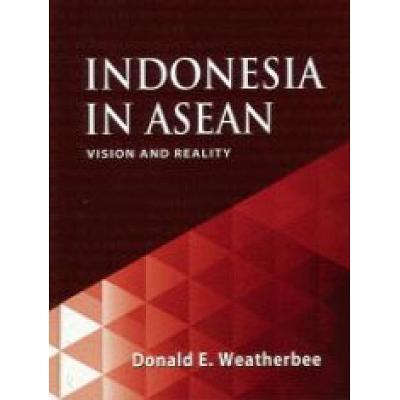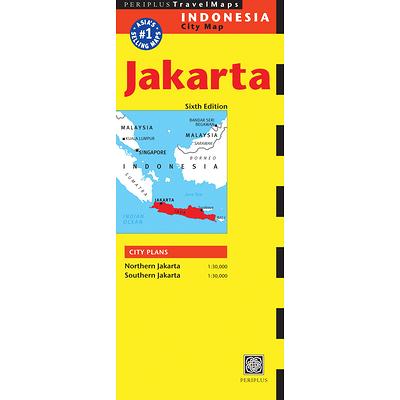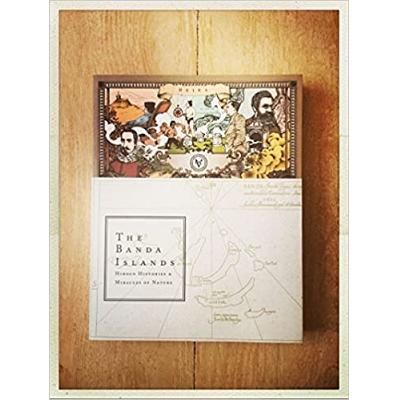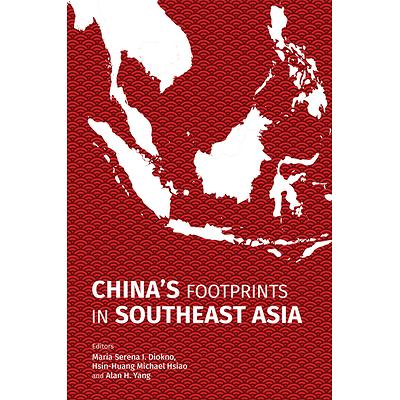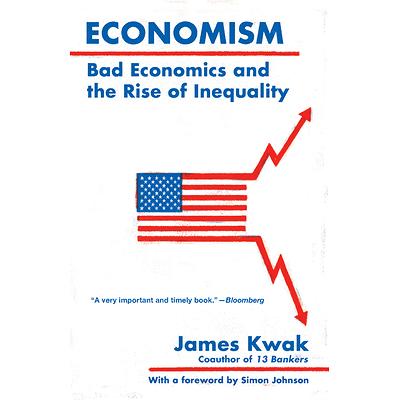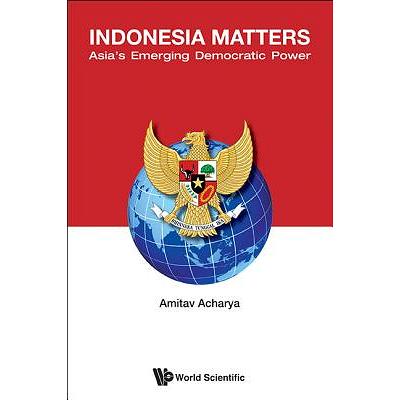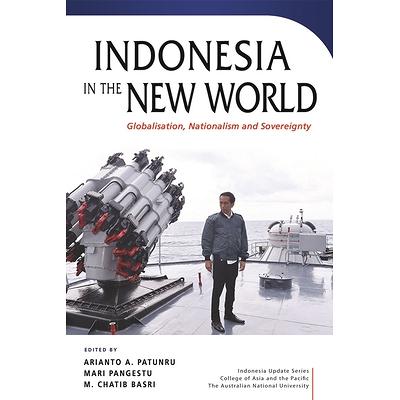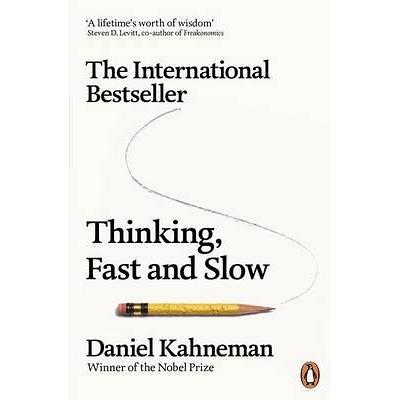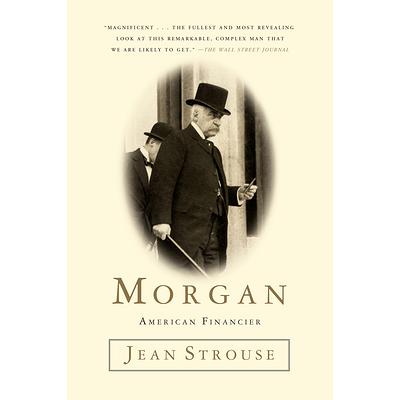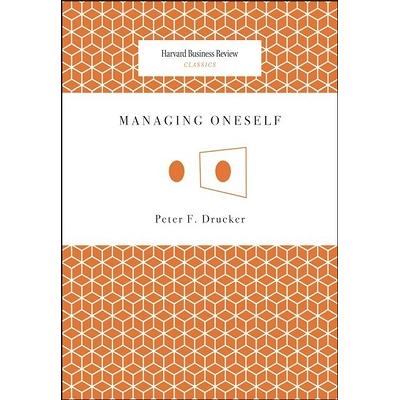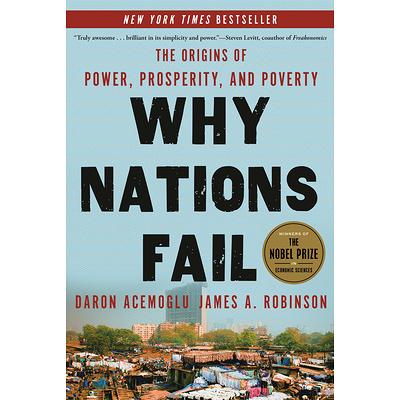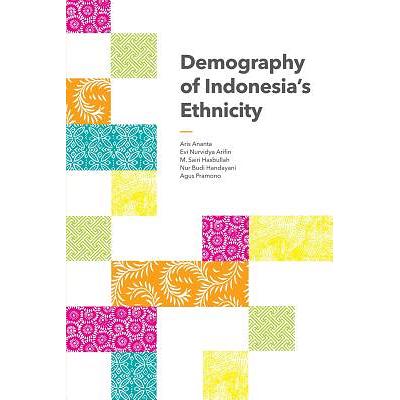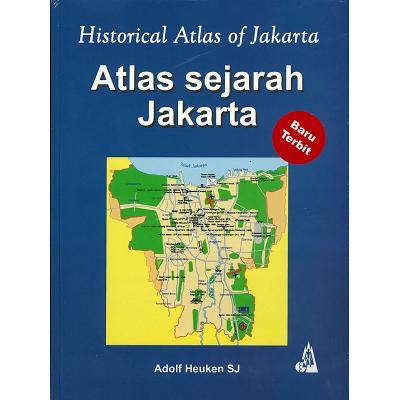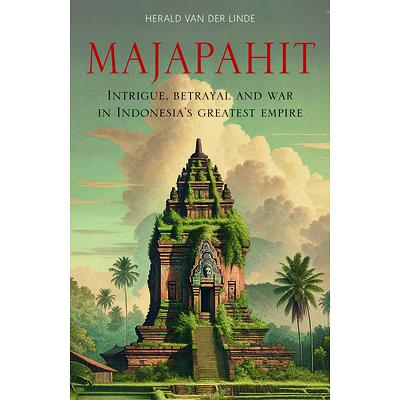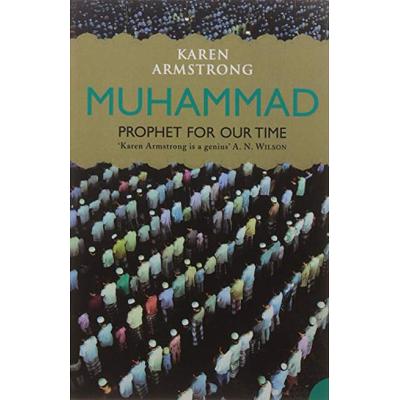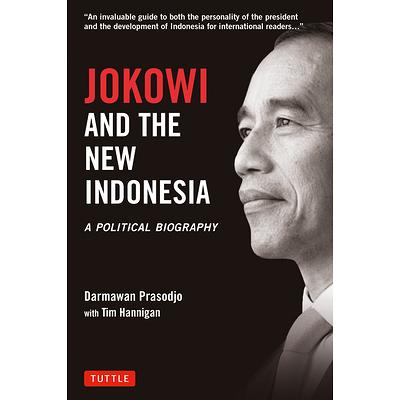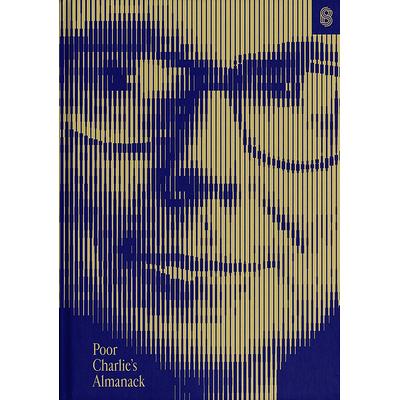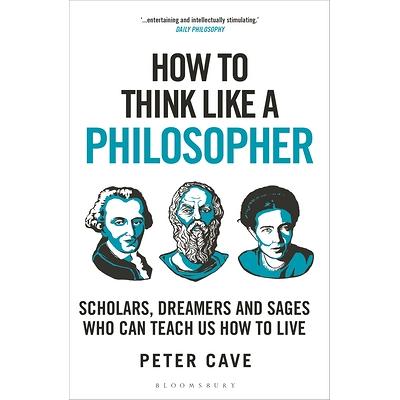 Between 3−4 stars rating, 13 November 2014
Between 3−4 stars rating, 13 November 2014 Liem Sioe Liong's Salim Group: The Business Pillar of Suharto's Indonesia
By: Kyoto University
Suharto’s New Order is remembered as a period when collusion between government and big business reached its heights. Suharto’s long tenure as Indonesia’s second president was greatly aided by funds raised from various sources, chief among which were Chinese conglomerate bosses. And his main crony was Liem Sioe Liong, a migrant from China’s Fujian province, who founded the Salim Group, which in the mid-1990s was the largest conglomerate in Southeast Asia.
Nancy Chng is a former journalist, bookseller and publisher. She graduated from the University of California at Berkeley, where she majored in Communications and Public Policy. Select published the... See More
English translation of Gadis Pantai (The Girl from the Coast) by Indonesia’s most famous author, Pramoedya Ananta Toer in 1991, when the writer’s works were still banned by Indonesian president Suharto. Nancy joined The Straits Times (Singapore) in 1979 as a feature writer and was the newspaper’s correspondent in Thailand from 1982 to 1986. She moved to Jakarta in 1987. Her interest in Indonesia had roots in the 1970s, when she was part of an informal study group on Southeast Asia. Members of the group included some of Indonesia’s most respected intellectuals such as the diplomat Soedjatmoko, journalists Goenawan Mohamad and Mochtar Lubis, and the cleric Abdurrahman Wahid, who later became the country’s president. Nancy, who had been a political analyst at a Jakarta securities firm, was a visiting research fellow at the Institute of Southeast Asian Studies, Singapore, from 2006-2007.
Richard Borsuk, a graduate in Asian Studies from the University of Wisconsin at Madison, has worked as a journalist in Asia for more than 40 years, starting in Hong Kong and Malaysia in the 1970s. He joined The Asian Wall Street Journal in 1981 and was based in Bangkok until 1987. He was then transferred to Jakarta as the Journal’s Indonesia correspondent and lived there for 11 years. In 1998, Richard moved to Singapore, where he held regional reporting and editing positions for the newspaper. In 2011, he joined Reuters as a news editor. A presentation he made at the Australian National University’s 1998 Indonesia Update conference in Canberra became a chapter titled “Reforming business in Indonesia” in the book Post-Soeharto Indonesia: Renewal or Chaos?, published in 1999 by the Institute of Southeast Asian Studies. He also wrote a chapter, “The Limits of Reform,” in Indonesia Beyond Suharto, published by M.E. Sharpe and The Asia Society the same year.

